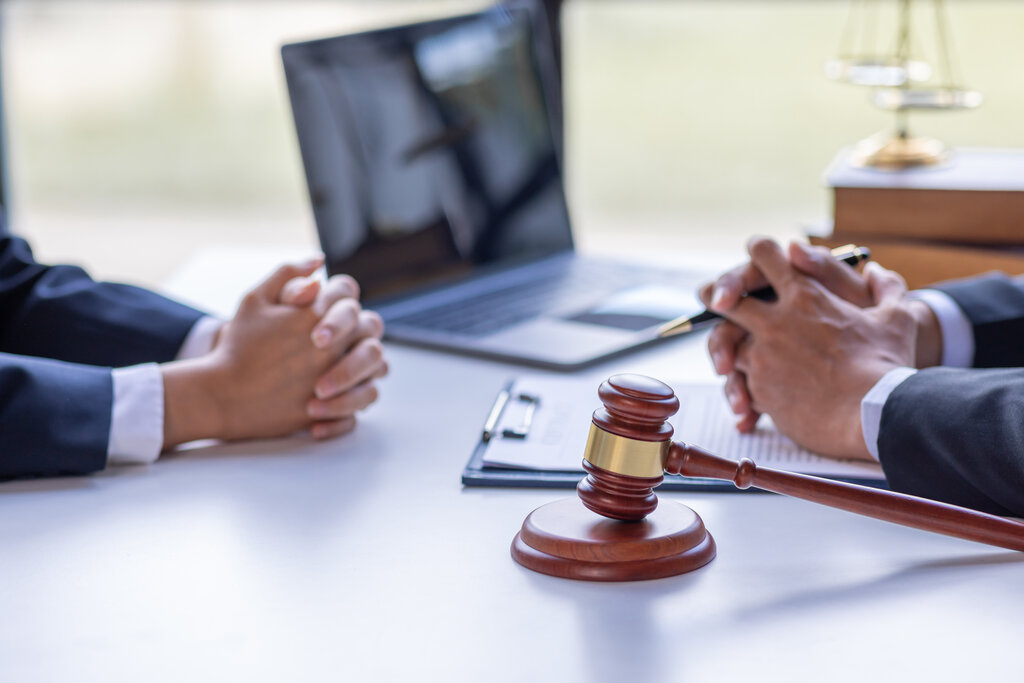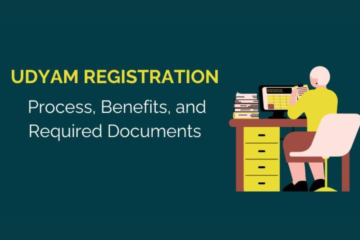Securing a personal injury claim can be a daunting process. Whether you’ve suffered from a car accident, slip and fall, or any other incident resulting in injury due to someone else’s negligence, the strength of your evidence can make or break your case. To ensure you receive the compensation you deserve, it is crucial to understand the different types of evidence and how to gather, organize, and present them effectively.
A strong personal injury claim hinges on compelling evidence that unequivocally demonstrates the cause and extent of your injuries. The process of compiling this evidence involves a multifaceted approach, starting from the immediate aftermath of the incident and continuing through medical treatment, expert consultations, and meticulous record-keeping. Each piece of evidence plays a vital role in building a narrative that not only supports your version of events but also withstands scrutiny from insurance companies and legal adversaries.
Documenting the Scene
The first step in strengthening your personal injury claim is documenting the scene of the incident. Immediately after the accident, take detailed photographs of the location, any visible injuries, and any damage to property. These images serve as compelling visual evidence, providing a clear picture of the circumstances surrounding the incident. Additionally, if possible, gather video footage from nearby surveillance cameras or bystanders’ phones, as this can offer a more comprehensive view of the events leading up to and following the accident. Keep a record of the conditions at the scene. Note weather conditions, lighting, and any hazardous elements that contributed to the incident. Collect contact information from witnesses who can provide firsthand accounts of what happened. Witness testimonies can corroborate your version of events, adding credibility to your claim. The more thorough your documentation, the stronger your case will be when it comes time to negotiate or go to court.
Seeking Medical Attention
Your health and well-being should always be your top priority after an injury. Seek medical attention immediately, even if your injuries seem minor at first. A professional medical evaluation not only ensures you receive the necessary treatment but also creates an official record of your injuries. This medical documentation is vital evidence in your personal injury claim. Request detailed medical reports from all healthcare providers who treat you. These reports should include diagnoses, treatment plans, prescribed medications, and any recommended follow-up care. Keep all medical bills and receipts, as they help quantify the financial impact of your injuries. Consistent medical documentation shows the progression of your injuries and the ongoing need for treatment, strengthening your claim by demonstrating the extent and severity of your injuries.
Gathering Expert Opinions
Expert testimony can significantly bolster your personal injury claim. Medical experts can provide detailed analyses of your injuries, explaining the impact on your daily life and long-term prognosis. They can also refute any claims made by the defense suggesting that your injuries are not as severe as you claim. Additionally, accident reconstruction experts can recreate the incident, offering professional insights into how and why it occurred. Their objective analysis can provide compelling evidence that supports your version of events. Employing the services of a personal injury lawyer can also add substantial weight to your case. An experienced attorney brings expertise in navigating the legal system, understanding the nuances of personal injury law, and effectively presenting evidence. They can guide you through the process, ensuring all necessary evidence is gathered and properly submitted, and they can represent your interests in negotiations or court proceedings.
Keeping Detailed Records
Maintaining comprehensive records is essential for a strong personal injury claim. In addition to medical records and bills, keep a diary documenting your recovery journey. Record details about your pain levels, physical limitations, and emotional state on a daily basis. This personal account provides valuable insight into how your injuries affect your quality of life and can be a powerful piece of evidence in demonstrating the non-economic damages you have suffered. Collect all correspondence related to your case, including letters, emails, and notes from phone conversations with insurance companies, medical professionals, and legal representatives. Organize these documents chronologically to create a clear timeline of events and interactions. Detailed records ensure you have all necessary information readily available, helping to build a cohesive and compelling case.
Understanding the Role of Evidence in Settlement Negotiations
Evidence plays a crucial role in settlement negotiations. Insurance companies often try to minimize payouts, so presenting strong, irrefutable evidence is essential to counter their tactics. By providing thorough documentation, expert opinions, and detailed records, you demonstrate the validity and seriousness of your claim, increasing your chances of receiving a fair settlement offer. During negotiations, your lawyer will use the evidence you’ve gathered to argue on your behalf. They will highlight the impact of your injuries, the financial burden you have incurred, and the negligence of the responsible party. A well-prepared case backed by substantial evidence can compel the insurance company to offer a more favorable settlement, avoiding the need for prolonged litigation.
Preparing for Court
If settlement negotiations fail and your case proceeds to court, the strength of your evidence becomes even more critical. The burden of proof lies with the plaintiff, meaning you must convincingly demonstrate that the defendant’s negligence caused your injuries. Presenting clear, organized, and compelling evidence is key to meeting this burden. In court, your lawyer will strategically present the evidence to build a persuasive narrative. They will use photographs, medical records, expert testimonies, and personal accounts to create a comprehensive picture of the incident and its aftermath. The goal is to leave no doubt in the minds of the judge and jury about the legitimacy of your claim and the extent of your suffering.
Strengthening your personal injury claim requires diligent effort and meticulous attention to detail. By documenting the scene, seeking immediate medical attention, gathering expert opinions, keeping detailed records, and understanding the role of evidence in negotiations and court, you can build a compelling case. Remember, the evidence you present can make the difference between a successful claim and a disappointing outcome. Ensure you are thorough, organized, and proactive in gathering and presenting your evidence to maximize your chances of receiving the compensation you deserve.
Keep an eye for more latest news & updates on Gossips!




